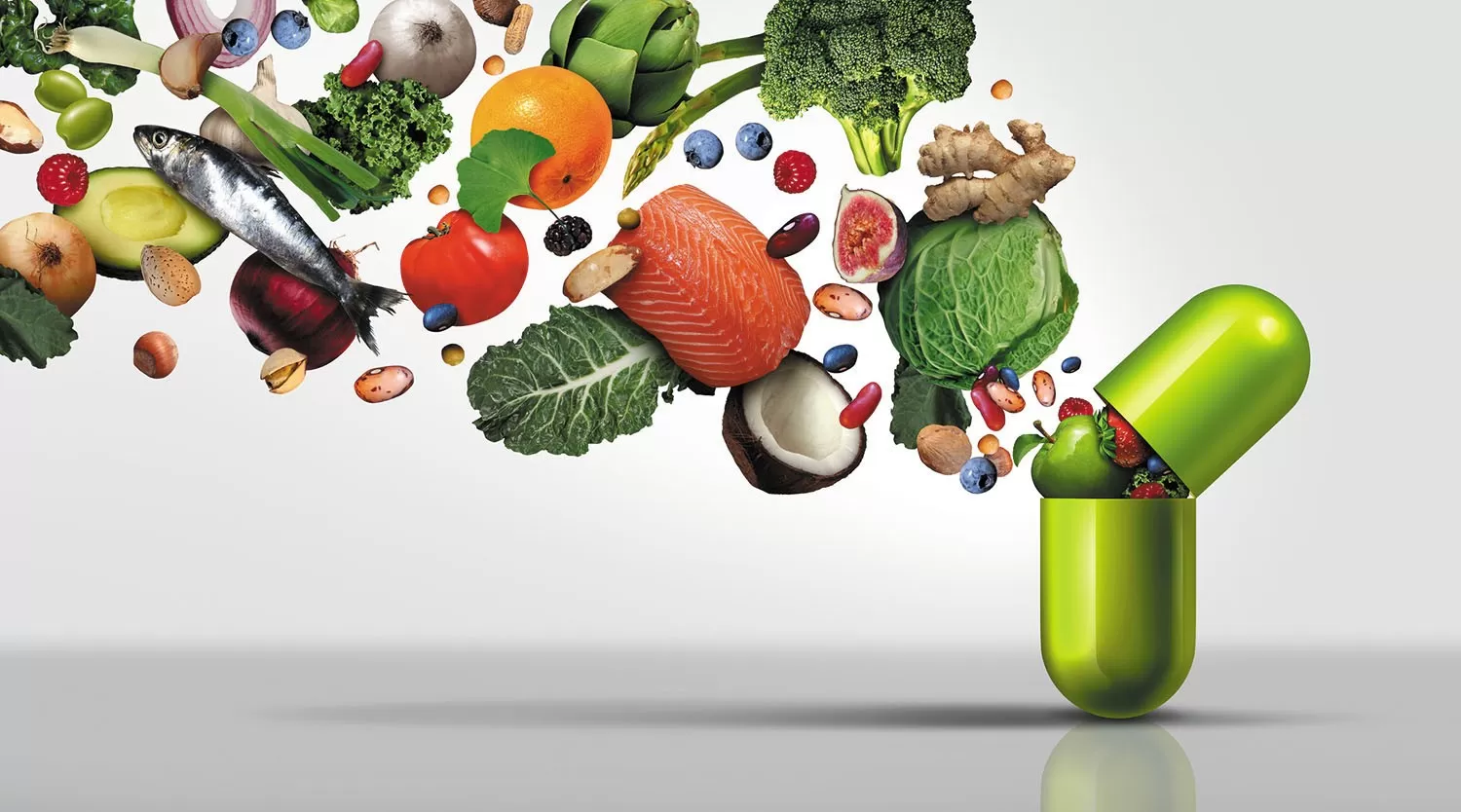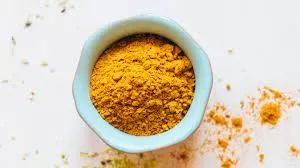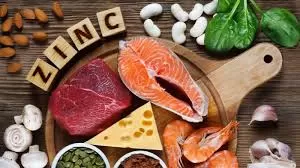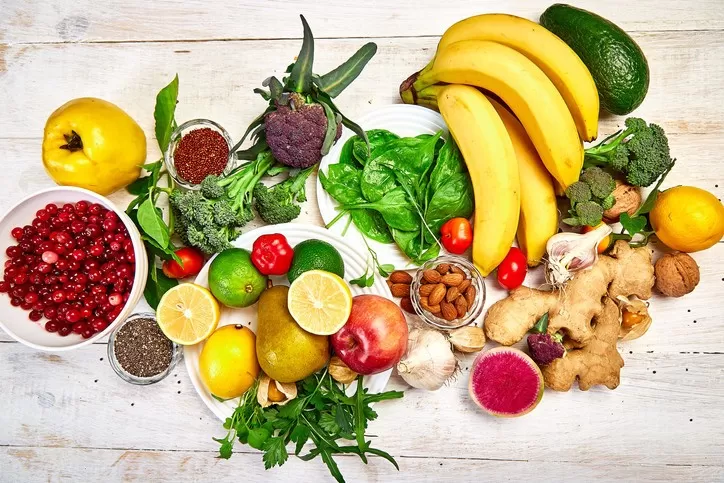- 0086-571-85302990
- sales@greenskybio.com
Sodium: The Balancing Act for Health
2025-05-24
Sodium plays a crucial role in maintaining fluid balance and ensuring proper muscle and nerve function. Although it naturally occurs in various foods, salt remains the primary source of sodium. For optimal health, adults are advised to consume around 1,500 milligrams (mg) of sodium per day, with an upper limit of 2,300 mg.
Gender-Specific Recommendations
Research suggests women may benefit from lower sodium consumption compared to men. Women are advised to aim for 1,500 mg daily. Similarly, men over 14 should also strive for 1,500 mg, not exceeding the 2,300 mg daily limit, although women may be more adversely affected by excessive salt intake.
Sodium Needs Across Different Ages
Age significantly influences sodium requirements, with recommended daily amounts varying by age group:
- Ages 1-3: Up to 1,000 mg
- Ages 4-8: Up to 1,200 mg
- Ages 9-13: Up to 1,500 mg
- Ages 14-50: Between 1,500 mg and 2,300 mg
- Ages 51-70: 1,300 mg
- Ages 70 and above: 1,200 mg
Health and Sodium Intake
Individuals with chronic conditions, such as heart disease, may need tailored sodium guidelines; consulting healthcare providers is advised.
Recognizing Excess Sodium
Signs of excessive sodium intake include bloating, weight gain, puffiness, and headaches. These symptoms usually appear following high sodium consumption or persistent overconsumption due to water retention, known as water weight.
Health Risks from High Sodium Consumption
Regular excessive sodium intake can lead to serious health issues including heart enlargement, kidney disease, stroke, heart failure, osteoporosis, high blood pressure, kidney stones, and stomach cancer.
Avoiding Sodium Deficiency: Hyponatremia
Sodium supports vital functions like nerve signal transmission, muscle contraction, fluid balance, electrolyte management, and blood pressure regulation. Insufficient sodium can result in hyponatremia, with symptoms ranging from fatigue and confusion to severe cases requiring hospital admission for intravenous sodium.
Rare Occurrences of Sodium Deficiency
Given the typical American diet's sodium levels, deficiencies are rare and usually associated with specific health conditions like kidney disease, severe burns, prolonged diarrhea, excessive diuretic use, or adrenal insufficiency.
Strategies for Reducing Dietary Sodium
Reducing sodium consumption involves practical changes, such as choosing fresh foods over processed ones, opting for sodium-free alternatives, using herbs for flavoring, and minimizing high-sodium condiments. Consulting with a nutritionist can also aid in managing sodium intake effectively.
Distinguishing Sodium from Salt
Although often used interchangeably, sodium and salt differ chemically. Salt is composed of 40% sodium and 60% chloride, functioning as a flavor enhancer, whereas sodium is an element found naturally in foods and added to processed items.
Low-Sodium Food Choices
Emphasizing fresh foods like fruits, vegetables, and lean meats can aid in reducing sodium intake. Other low-sodium options include whole grains, unsalted nuts, legumes, fish, and low-sodium dairy products.
Creating a Low-Sodium Meal Plan
Initiating a lower sodium diet may initially seem daunting, but gradual changes can help maintain enjoyment of meals while adhering to healthier sodium levels. Consulting health professionals ensures a balanced approach to sodium consumption.
Conclusion
Sodium intake often exceeds recommended levels, placing individuals at risk for related health concerns such as heart disease and stroke. While excessive sodium is harmful, deficiency also poses risks. Striking a balance with a varied diet and possibly seeking professional guidance helps maintain appropriate sodium levels for overall health.
-
Goldenseal: A Historic Herbal Remedy at Risk
2025-05-24















